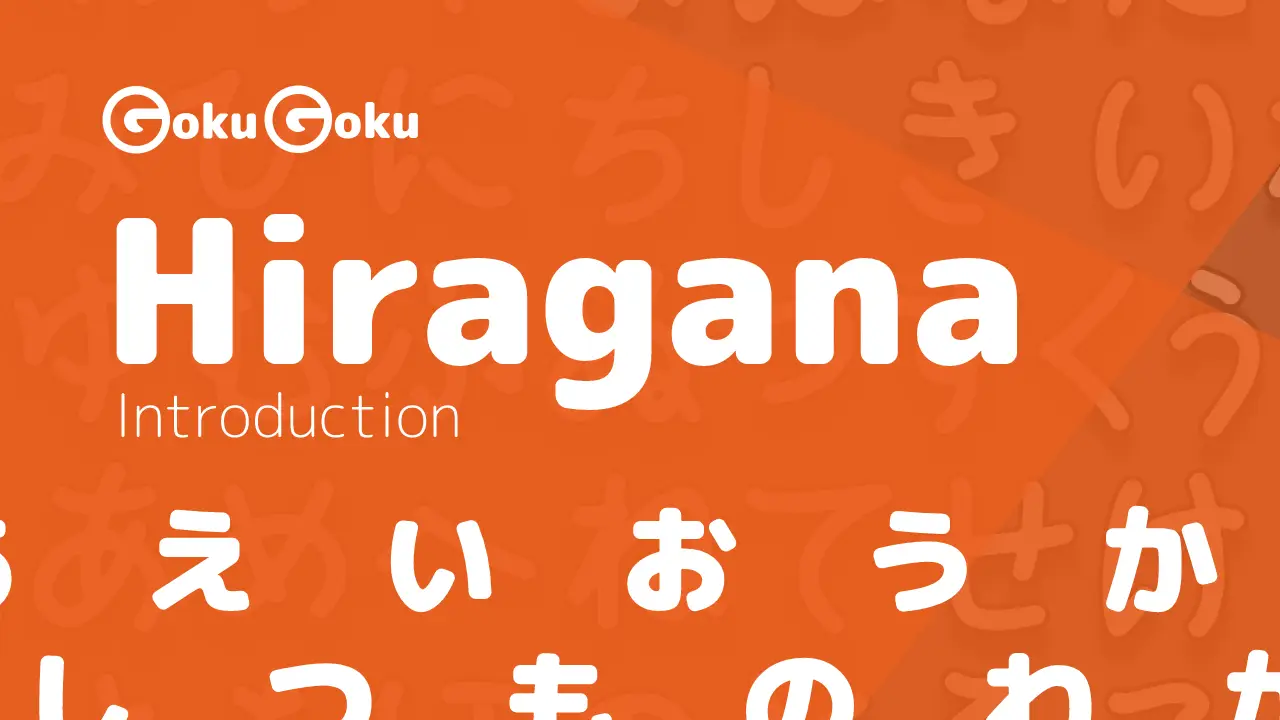より (yori) Meaning Japanese Grammar - More Than
Sandro Maglione
Get in touch with meThe particle より (yori) means than, more than, greater than.
より is actually used to compare two terms (A) and (B), indicating that (A) is somehow greater or more than (B).
より is also used in many expressions that derive from this particle, such as:
- 何より
- より~のほうが
- というより
- よりほかない
In this post we learn more about the meaning of より, how it is formed, and when より is used through real example sentences.
How より is formed
より is placed between two terms (A) and (B) to indicate that (A) is more than (B).
What is being compared can be a verb, an adjective in い, a noun, or an adjective ending in な (acting as a noun with the addition of な).
After より, the adjective you add the adjective that states the quality or characteristic being compared:
Let's see an example of for each of these cases:
- Noun:
a better picture than...
- Adjective in い:
prettier than the expensive (one)...
- Verb:
going by car is faster than...
- Adjective in な:
better than being silent...
漢字は平仮名より難しい。
Kanji are more difficult than Hiragana.
Sometimes the particle も can be added after より to add emphasis: よりも.
誰よりも知しっている。
I know better than anyone.
How and when to use より
As mentioned above, the particle より is used to make a comparison between two terms (A) and (B), saying that (A) is more than (B).
日本語は英語より話しにくい。
Speaking Japanese is more difficult than English.
(A)isJapanese(日本語)(B)isEnglish(英語)- The adjective that compares these two terms is
difficult to speak(話しにくい)
より~のほうが: more than
The expression より~のほうが consists of:
- より: particle
with respect to - の: particle (nominalizer)
- ほう (方):
way,direction,method - が: particle (subject)
より~のほうが indicates that something is more than something else.
昨日より今日の方が寒い。
Compared to yesterday, today is colder.
In the example we see how より indicates that compared to yesterday (昨日より) today's "manner" (今日の方) is colder (寒い).
A particular expression using ほうが and たほうがいい.
For more details visit the page dedicated to たほうがいい.
と言うより: "rather than say"
と言うより is an expression formed by:
- Particle と (quoting)
- Verb 言
to say - Particle より
rather than...
The expression と言うより means rather than saying..., and is used to rephrase or say something in another way, or to indicate a term different from what was said before (rather than..., instead of...):
今日は暖かいというより暑い。
Today it's hot rather than warm.
何より: "the most important thing is"
When 何 what is placed before the particle より the expression translates as there is nothing more important than..., the most important thing is.... 何より can also be translated as I am glad that...:
無事で何よりです。
I'm glad you're safe.
より and から: "from"
より can also replace the particle から (from) when indicating a distance, a space, or a quantity.
Specifically, より is a more formal way to indicate an "origin" than から:
これより先は立入禁止。
It is forbidden to go further from here.
から indicates a starting point only, while より indicates a comparison between a start and an end.
三時より前に来てください。
Please come before 3 o’clock.
より仕方がない: "there is no other choice"
A formal way to say that there is no choice but... is より仕方がない. This expression uses the particle より to indicate that there is no "way" better than, where 仕方がない means there is no other way.
You can also use 仕様がない as a synonym for 仕方がない.
自分で作るよりしょうがない。
You have no choice but to do it yourself.
より他ない: "there is no other way"
When より precedes the term 他ない, where 他 means other, another expression is formed which means there is no other way, there is no other choice:
自転車で行くよりほかはなかった。
I had no choice but to ride a bike.
Examples of より
ないよりまし。
Better than nothing.
逃げるほうが、戦うよりいいですよ。
Better to run than to fight.
このバスのほうが、あのバスより早く着きます。
This bus arrives faster than that one.
Similar grammar points in Japanese 📚
~ていく
~ていく (teiku) Meaning Japanese Grammar - Keep Doing
てよかった
てよかった (te yokatta) Meaning Japanese Grammar - I'm Glad That...
それでもいい
それでもいい (soredemoii) Meaning Japanese Grammar - It's Fine
それでも
それでも (sore demo) Meaning Japanese Grammar - Still
させられる・せられる
させられる・せられる (saserareru serareru) Meaning Japanese Grammar - To Be Made To Do Something
ないで
ないで (naide) Meaning Japanese Grammar - Without Doing

